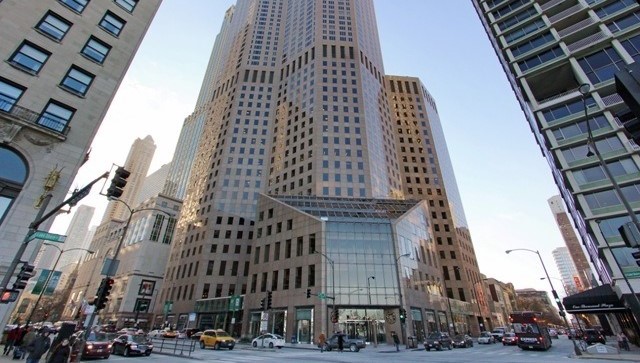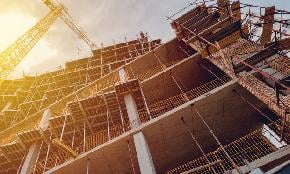 Since 1991, the area has become more known for its hotels, apartments and condos.
Since 1991, the area has become more known for its hotels, apartments and condos.
CHICAGO—The opening of new class A+ trophy office towers in the West Loop, and the additional plans for even more, has brought profound changes to the city’s downtown market. But one submarket, North Michigan Ave., seems comparatively untouched. As landlords in other areas watch top tenants leave their buildings for spaces in the new West Loop towers, most users along the Magnificent Mile have decided to stay. That loyalty should keep the area’s low vacancy rate steady even as it rises elsewhere. And with new office development unlikely, investors may also find a few opportunities in the often-overlooked neighborhood.
Direct vacancy in North Michigan Ave.’s class A sector is now just 8.2%, compared to 11.8% in the Chicago market as a whole, according to a new study by CBRE. The biggest factor in keeping things tight is that since 1991 it has lost four million square feet of space, about 35% of the inventory, making it the only office submarket where supply has decreased.
Many property owners “thought that the highest and best use for their buildings was to switch from offices to hotels or apartments,” Jarrett Annenberg, first vice president, CBRE, tells GlobeSt.com. And since 2001, 44 major developments with a total of 24 million square feet were completed in North Michigan Ave., but not one was an office development. The submarket now has 27,519 hotel rooms and nearly $2 billion in annual retail sales.
“I think we’re close to the end of this cycle,” he adds, and additional office conversions will become rare, and new office construction won’t happen at all.
And the transformation of North Michigan Ave. into a mecca for tourists may have caused many to stop noticing its remaining offices. “It’s been for the last few years a quiet submarket.”
But the tenants that remain, many of them healthcare professionals drawn by the proximity of Northwestern Memorial Hospital, Lurie Children’s Hospital, and other such institutions, haven’t shown any inclination to leave. CBRE anticipates that roughly 5.4 million square feet of shadow space will come online in the downtown market by the end of 2018. However, none of those openings, or at least for tenants with more than 30,000 square feet, will occur within North Michigan Ave.
As a result, rents are on the rise. CBRE Econometric Advisors projects that, over the next four years, rents there will grow 55% higher than the broader CBD.
All of these factors have perked up interest among investors, Annenberg says. He points out that Walton Street Capital has agreed to pay $370 million for 401 N. Michigan Ave., a 35-story tower with Apple’s flagship store, and 500 N. Michigan is under contract to sell for about $87 million, or roughly 25% more than its price just five years ago. . .
And with its healthy rent growth projections, there will almost certainly be more significant purchases in the near future. “Clearly investors are looking at North Michigan Avenue as a stable market with room to grow.”

















 Copyright © 2024 ALM Global, LLC. All Rights Reserved.
Copyright © 2024 ALM Global, LLC. All Rights Reserved.